More on Johor vs Yeti Casts
Posted by: Loren Coleman on December 3rd, 2007
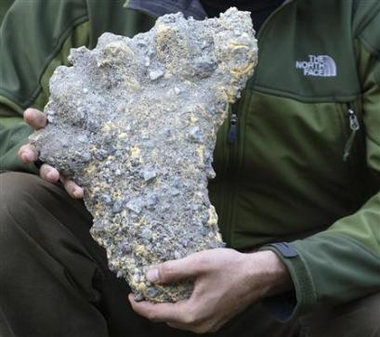
Above is the December 1, 2007, image of a “Yeti footcast” from Nepal. While it is unique, it does overtly resemble the Orang Dalam footcast that Josh Gates recovered from Malaysia in 2006.
The Group API decided to more closely compare what they saw as an uncritical examination of the Johor footcasts. Below are their images compared to the actual photographs of the footprints and their analysis.
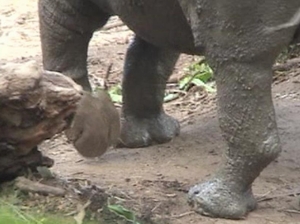
Rhino feet.
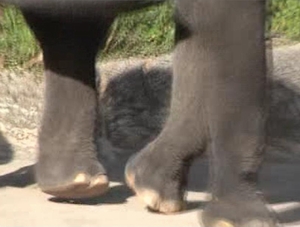
Elephant feet.
Perhaps a close up of the toe imprints of the alleged Bigfoot print might shed further light.
Josh Gates seen here carrying his Bigfoot print cast. Notice the peculiar shape of the toes. This ‘perculiar-shaped’ toe feature is missing in later photos of the Cast. Do Rhino print looked like this? Compare too with the shape of a boar print.
A closeup look at the alleged Bigfoot print before it was cast by the International Group. The photo taken from the SPI website. Click here to view the original photo and you will be able to see the distinct ‘toe’ shape, especially the toe furthest left. Placed in comparism is some boar prints I found near the same area.
The Verdict? The Johor Bigfoot print cast by Jan McGirk and Josh Gates was a blotched job. They should have cast the entire ground including the whole foot, so that when done, the imprint would have the exact print, and not just fill in the depression, which was subject to human opinion, amount of cast material, etc. at that point in time.API
About Loren Coleman
Loren Coleman is one of the world’s leading cryptozoologists, some say “the” leading living cryptozoologist. Certainly, he is acknowledged as the current living American researcher and writer who has most popularized cryptozoology in the late 20th and early 21st centuries.
Starting his fieldwork and investigations in 1960, after traveling and trekking extensively in pursuit of cryptozoological mysteries, Coleman began writing to share his experiences in 1969. An honorary member of Ivan T. Sanderson’s Society for the Investigation of the Unexplained in the 1970s, Coleman has been bestowed with similar honorary memberships of the North Idaho College Cryptozoology Club in 1983, and in subsequent years, that of the British Columbia Scientific Cryptozoology Club, CryptoSafari International, and other international organizations. He was also a Life Member and Benefactor of the International Society of Cryptozoology (now-defunct).
Loren Coleman’s daily blog, as a member of the Cryptomundo Team, served as an ongoing avenue of communication for the ever-growing body of cryptozoo news from 2005 through 2013. He returned as an infrequent contributor beginning Halloween week of 2015.
Coleman is the founder in 2003, and current director of the International Cryptozoology Museum in Portland, Maine.

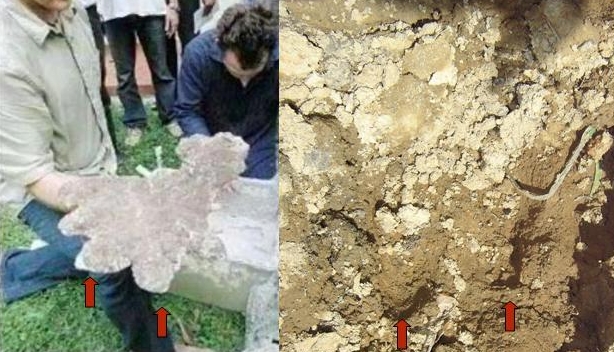

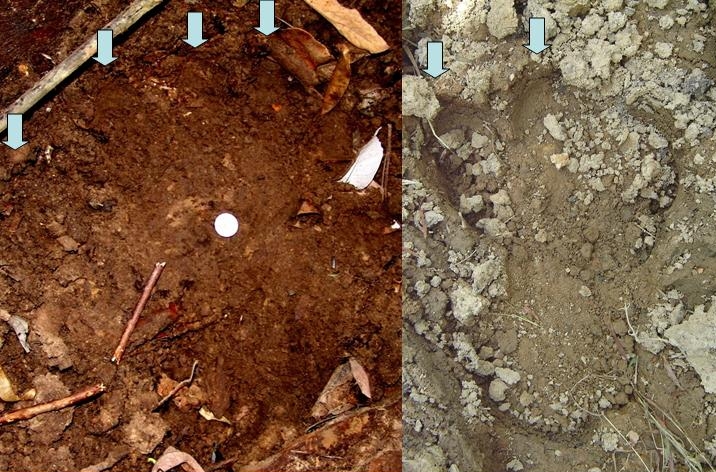

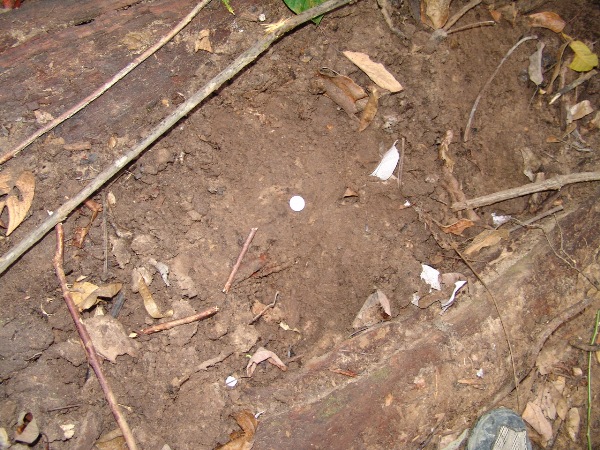





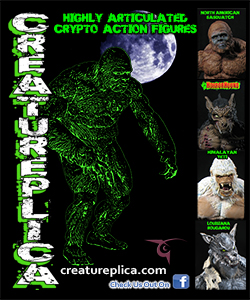
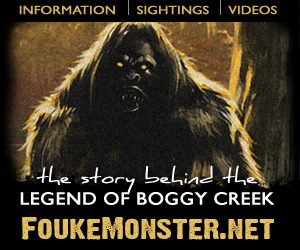
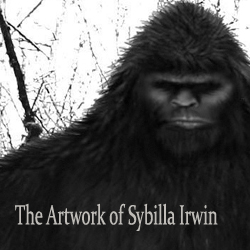

I agree with the API.
I don’t think there was any deliberate malice in the blotching, but blotch it they did.
I still hope…..
this is a great update article about the yeti. thanks bill green
I can’t argue what the tracks are or not; but the way he is dressed in the photo suggests he is in a colder climate vs. his Malaysia trip.
I seen a lot of tracks in the wild, all different kinds, and those tracks just dont look right, they look almost to good, when an animal walks in the wild , the prints get smudged when the animal steps and strides, im sorry, I think they are fake.